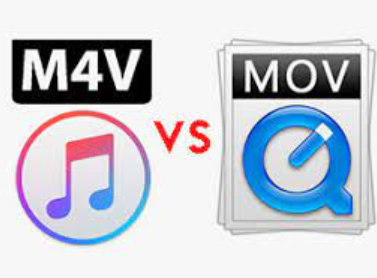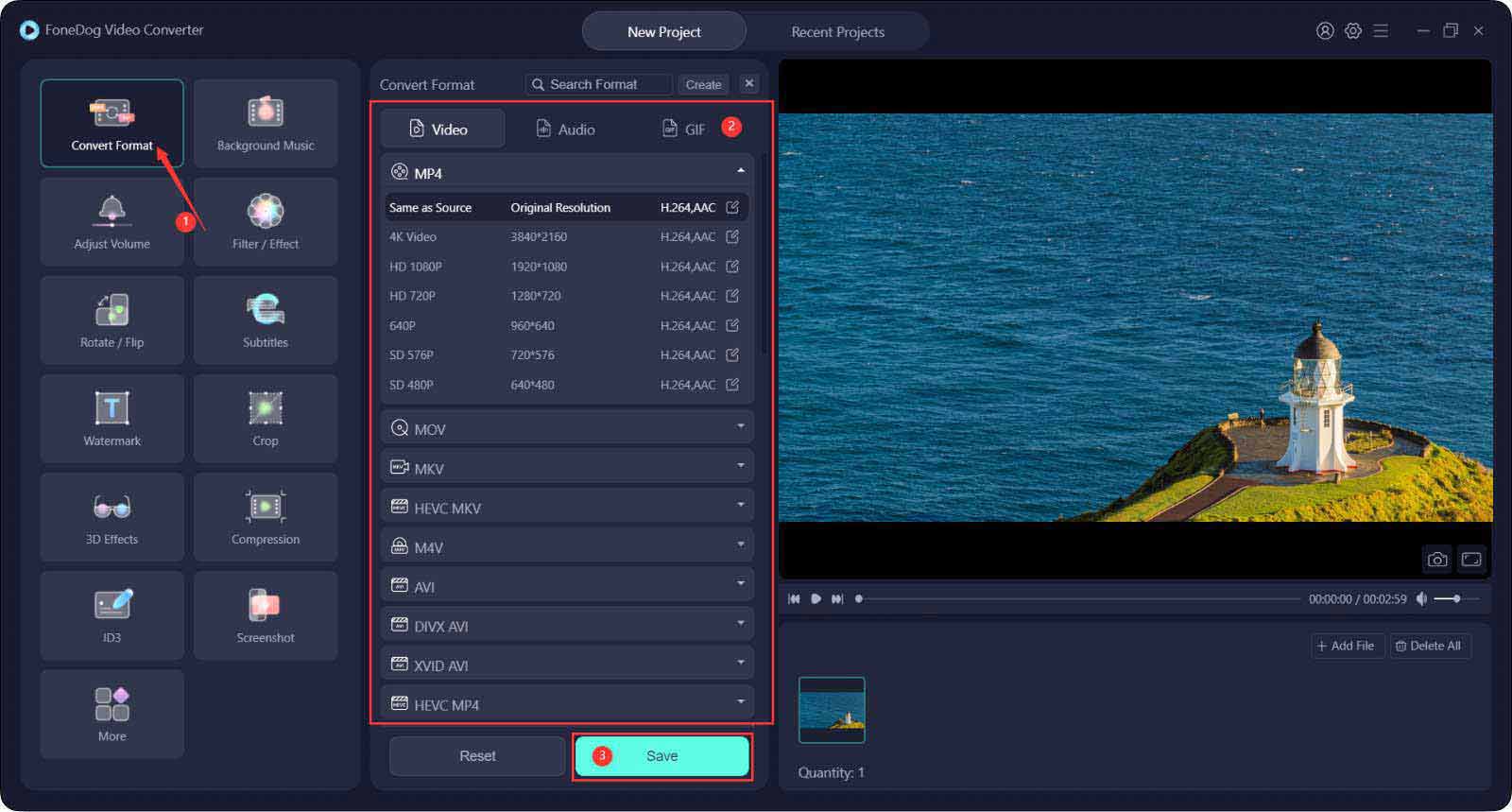

By Nathan E. Malpass, Last updated: March 31, 2023
Apple almost enjoys a monopoly in the software industry to the point they are a standalone digital solution. They have file formats that support their products and are incompatible with other devices.
Moreover, they also have specific applications to run their functions. If you have a non-apple device, you must use a third-party solution to solve incompatibility issues, just like the case of MP4 versus M4V. In video file formats like M4V vs MOV, you must engage a video converter for the function.
You may wonder why the difference yet they are from the same developer; this article looks in detail at the difference and similarities, including the dos and don'ts in using either of the video file formats.
This article further explains where and when to use either of the file formats for different functions. Thanks to the inbuilt features, the two video files are becoming popular in the digital market, which acts as digital solutions for most multimedia challenges.
Part #1: Why Choose Either M4V vs MOV?Part #2: M4V vs MOV: Comparison Part #3: How to Convert M4V to MOV or Vice MOV to M4V?Part #4: Conclusion
M4V is an Apple-developed video file format with audio and video codecs. It is the default video file for iTunes. All your inbuilt video files opened on this application are in M4V video format.
Moreover, it's an ideal video format for TV shows, music videos, and iTunes movies. M4V vs MOV, M4V has DRM copyright protection which means you can only play them on licensed devices and operating systems. The format comes as a package that holds several audio and video file formats, among other multimedia content.
On the other hand, the MOV file is also an Apple video file format but comes with editing software, making it a multimedia container ideal for multimedia storage. Additionally, despite the Apple-developed application, it has no issue when used on either Mac or Windows devices.
That means that it has no limit on the device of use. That clearly shows that it has minimal compatibility issues with the use of other devices. With this little discussion, M4V vs MOV, what will be your choice at this point?
If you have no idea, we will still brainstorm and compare the two files for you to answer the question from a real point of view. Continue reading and get the details.

As it is, there is a thin line in M4V vs MOV. However, both are multimedia container formats and are ideal for playback videos. The video coding is not for all of them.
MOV format is designed for QuickTime, and iTunes is designed as their default file format for respective media players, including the iDevices. They are similar, but they aren't the same despite being developed by the same company- Apple.
MOV is a QuickTime movie file format on file type, while the M4V is a MPEG-4 file format. This makes MOV movie files, and the M4V is a music video file. Moreover, the two file formats take the file extension of their names.
Although MOV has several video codecs compared to M4V, that only has one video codec, including H.264/AVC. Surprisingly, M4V has several audio codecs compared to MOV, which only has AAC, ADPCM, and AC3 compared to M4V, which also has additional codecs on top of the MOV audio codecs.
MOV has limited playback issues, while M4V has a little lost in video quality. M4V supports only DRM protection and non-DRM protected issues, including other media players. MOV supports iTunes and Apple-related applications.

On M4V vs MOV, you can now choose what you need for a video file format.
You are limited to the video file format. You have no choice of the file format from the original choice. Moreover, that also includes the video quality of the source. However, you have a choice of the video quality and file format of the output file.
Thanks to digital solutions that support both the audio and video file formats. The video converters are unlimited on the web; some work on offline mode, online mode, or applications for manual video conversation. Have a look at the useful toolkit.
The FoneDog Video Converter is simple and intuitive and it comes along with editing features makes it an ideal toolkit for all video conversions, irrespective of the operating system. The application operates on a simple toolkit that supports multiple video conversions.
Some of the visual effects supported in the application include contrast, sharpness, and brightness changes. The four steps used in the top video-converting tool help manage the conversions with minimal effort.
Here are the four steps:

This video converter also supports the two file formats, among other file formats. The simple application manages batch processing of audio and videos with a fast conversion speed and high performance. It has no limit on the file formats since it also manages thousands of other formats.
For M4V vs MOV, this is your go-to application for both Apple, Mac, and Windows.
People Also ReadMKV vs. M4V: Which Is the Best?How to Convert M4V to MOV on Mac without Quality Loss
You have an idea of M4V vs MOV, its comparison, similarities, advantages, and disadvantages. The choice of the video file format among the two is at your discretion.
If you aren't satisfied with either of the formats, the video converters are available on the web. Although we have only discussed two of the video converters, there are several of them on the market. You only need to explore more of them and make the right choice.
Leave a Comment
Comment
Hot Articles
/
INTERESTINGDULL
/
SIMPLEDIFFICULT
Thank you! Here' re your choices:
Excellent
Rating: 4.8 / 5 (based on 63 ratings)